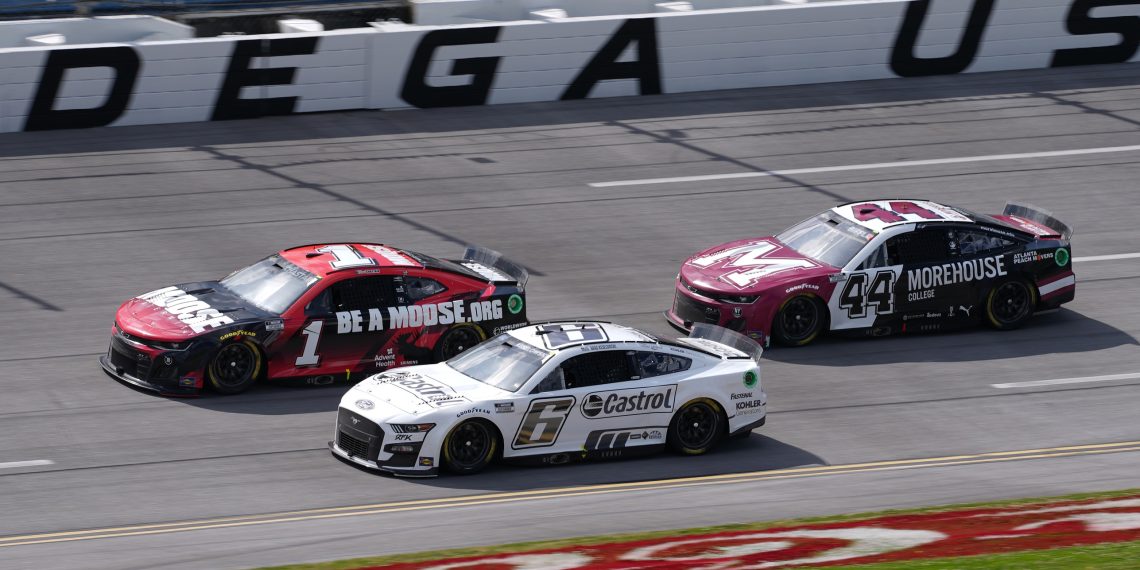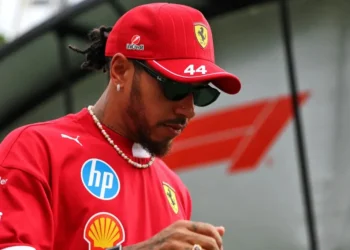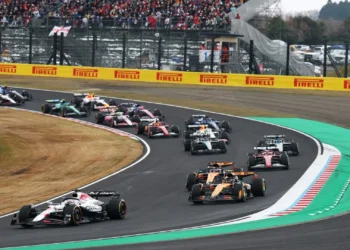In a shocking turn of events, NASCAR drivers are facing a new era of uncertainty and controversy as post-race penalties rock the racing world. The line between fair competition and ruthless enforcement has blurred, leaving fans and drivers questioning the integrity of the sport.
Since the implementation of automatic post-race disqualifications in 2019, NASCAR has not hesitated to strip drivers of their hard-earned victories. From Denny Hamlin’s erased Cup Series win at Pocono to Ross Chastain’s lost Truck victory, no driver is safe from the scrutinous eyes of NASCAR inspectors.
The introduction of the Next Gen vehicle has only intensified the scrutiny, with recent penalties shaking up the leaderboard and altering championship standings. The sport’s governing body claims these measures are necessary to maintain fairness, but at what cost to the drivers and the fans?
One of the most controversial disqualifications occurred at Pocono Raceway, where Kyle Busch and Denny Hamlin’s one-two finish was nullified due to unauthorized material on their vehicles. Chase Elliott was declared the winner, marking the first disqualification of a NASCAR Cup Series race winner since 1960.
The latest victim of NASCAR’s unforgiving enforcement is Jesse Love Jr., whose victory at the North Carolina Education Lottery 250 was snatched away due to a rear suspension issue. As Sammy Smith was awarded the win, RCR protested, claiming no performance advantage. However, NASCAR remained steadfast in its decision, citing a violation of rule 14.14.2.i-5.h regarding the car’s rear suspension components.
While NASCAR insists on upholding the rules to the letter, critics argue that the sport risks alienating fans and dampening the spirit of competition with excessive penalties. The emotional toll on drivers is palpable, with victories turning into nightmares at the mercy of post-race inspections.
As the racing world navigates this new era of heightened scrutiny, the question remains: Is NASCAR justified in stripping drivers of their victories in broad daylight? While the rulebook may say yes, the court of public opinion may have a different verdict.










